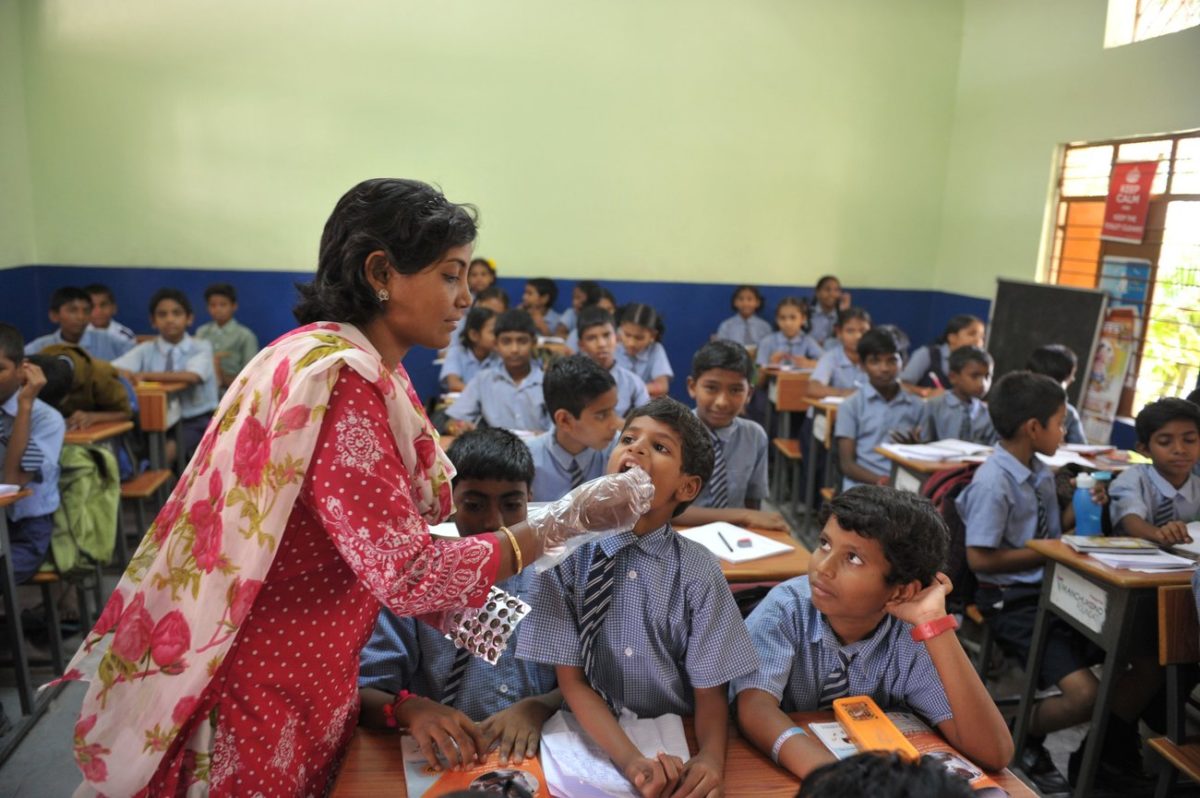Study Finds Deworming Pill Linked To Higher Incomes Years Later | NPR
NPR covers the twenty-year follow-up of the deworming study co-authored by CEGA faculty co-director Ted Miguel, interviewing Miguel and co-author Michael Kremer about the implications of the study’s results.
“It’s one of the cheapest ways to help kids in extremely poor countries: Twice a year, give them a 50-cent pill to kill off nasty intestinal parasites. Now, a landmark study finds the benefits carry over long into adulthood — and the impact is massive. But dig deeper and the issue quickly becomes more complicated — and controversial.
To understand why, it helps to start at the beginning, when newly minted economist — and future Nobel prize winner — Michael Kremer says he stumbled into this study by lucky happenstance.
It was the mid-1990s and Kremer was visiting Kenya. ‘I mean I was on vacation. I wasn’t there for a research trip or something,’ he recalls.
Kremer, who had spent a year after college teaching at a school in Kenya, decided to look up a friend from that project. And at their get-together, the friend mentioned to Kremer that he was about to start a new aid program to help elementary school children — including by giving them deworming pills.
The parasites aren’t just bad for kids’ health. They can make a child too listless to pay proper attention in school or so sick she misses many school days.”
Source: Landmark Study Finds Deworming Pill Linked To Higher Incomes Years Later : Goats and Soda : NPR


